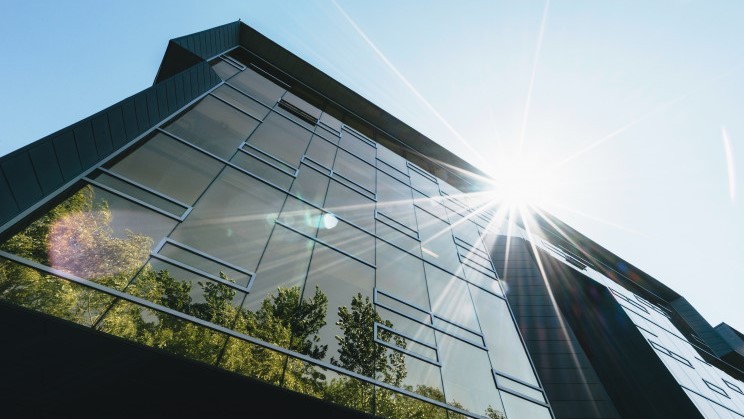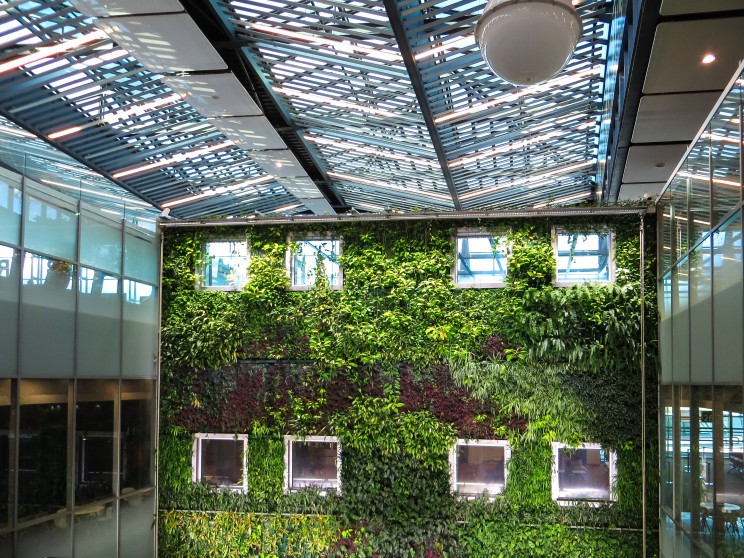
Sustainability is increasingly becoming a watchword in the world today, and the same can be said for the real estate sector. The numbers speak for themselves: 83% of investors expect an increase in tenant demand for sustainable buildings, according to two studies recently conducted by CBRE on Environmental, Social and Governance (ESG). Another conclusion to be drawn is that over 54% of investors intend to change their portfolio strategy to ESG. In Portugal, it should be recalled, the submission of applications to the Support Programme for More Sustainable Buildings was extended until 31 March 2022.
In the two reports concerned, the "ESG Guide for occupants: Environmental, social and governance agenda in occupying a property', dedicated to building occupants (tenants and home-owners), and 'ESG & Real Estate: 10 key facts investors need to know', aimed at investors, the property consultancy firm identifies some important ESG considerations for property investors, as well as providing an analysis of the latest trends, innovations and regulatory requirements in the sector.
"With ESG playing a more important role in how companies operate, investors are beginning to incorporate ESG considerations at all stages of the property lifecycle, from due diligence to acquisitions, and from leasing to asset management," CBRE said in a statement.
According to the consultancy, "there is increasing pressure on building owners, operators, and occupants to reduce their carbon footprint". "Green leases between landlords and tenants to meet certain environmental objectives will become a more common tool for investors to monitor and drive the environmental performance of their real estate assets," it adds, noting that "the gap between the green premium and brown discount in leasing is widening".
CBRE also considers that "there is sufficient evidence that green buildings generate higher yields than comparable non-green properties, indicating considerable potential for a 'brown discount' in properties with relatively lower environmental performance".

Betting on greener alternatives
Pointing out that the construction industries are responsible for almost 40% of annual global carbon emissions and that cement and steel production each account for around 5%, CBRE concludes that "viable alternatives such as wood are more environmentally friendly due to carbon sequestration". "The costs of timber construction vary according to the type of property, but on average can be equal or less than building with conventional materials. "Timber also offers greater cost stability and can significantly reduce construction time due to prefabrication," reads the document.
It also highlights the fact that technology plays "a key role in creating significant and lasting change in investor practices and portfolios by improving the collection and reporting of ESG data."
Moving towards a "more sustainable future"
For Cristina Arouca, Director of Research at CBRE, "the considerations drawn from these studies will help corporate real estate leaders discover opportunities to move towards a more sustainable future." "These opportunities exist at each of a property's life stages, and can only be optimally achieved when coordinated across a broad spectrum of all stakeholders," she concludes.
According to the World Green Building Council, buildings are currently responsible for 39% of global energy-related carbon emissions: 28% of energy from building use (heating, cooling and electrical energy) and the remaining 11% from materials and construction.